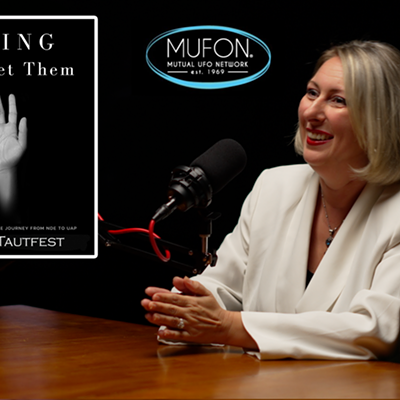Devout and inflexible in their interpretation of scripture, these children of the Mayflower viewed celebration of Christmas as pagan and idolatrous. Throughout its colonial days, much of New England could not “make merry” without incurring the ire of magistrates and a hefty fine.
Even after the Colonies gave way to the United States of America, the celebration of Christmas, while no longer expressly illegal, remained strongly discouraged by local governments in Puritan-rich New England. As late as 1870, school children in Boston were expected to be in class on Christmas Day or face punishment for their absence. That same year, President Ulysses S. Grant declared Christmas a federal holiday for the first time.
One hundred and forty-three years later, the celebration of Christmas brings many people together, but the conflict surrounding its melding of religious and secular significance still tears others apart.
This perennial flashpoint exemplifies a year-round struggle to which my organization, the American Civil Liberties Union, is no stranger. The ACLU is both maligned and lauded for its endless efforts to see that the idea of religious liberty embodied in our Constitution continues to translate into daily practice.
Lawmakers and public officials in Oklahoma provide us no shortage of work. 2013 has found us challenging the state government’s Ten Commandments monument, working with administrators to stop Bible distributions in public school classrooms, responding to concerns over the prospective Oklahoma Capitol chapel and the Satanic temple monument seeking placement on the Capitol grounds and now studying a “Merry Christmas Bill” set to be introduced this coming legislative session.
While these things are diverse in their sources, intentions and impacts, they each share a common thread. This thread would be recognized readily by the Puritans of colonial New England — you know, the ones who outlawed Christmas — for its simple notion that government, rather than individuals, independent religious institutions or clergy, should regulate whom, what, how, if or when we worship.
From the Ten Commandments monument’s message to the people of Oklahoma, ordering us that, “Thou shalt have no other gods before me,” to the Merry Christmas Bill’s mistaken message that a state legislature must give children permission to say, “Merry Christmas,” we are now confronted with politicians asking us to rely more on government, rather than our faith leaders, to guide our consciences.
The founders of our republic understood that faith was far too personal to be put to a vote. Here in Oklahoma, many self-righteous politicians undermine the very faith they ostensibly seek to protect by saying the Ten Commandments is merely historical, not sacred, or in the case of the “Merry Christmas Bill,” categorizing Christmas not as a celebration of faith but a “winter festival.”
This both insults the intelligence of Oklahomans and is demeaning to those who sincerely incorporate the Ten Commandments or Christmas into their beliefs.
Henderson is the legal director of the American Civil Liberties Union of Oklahoma.
Opinions expressed on
the commentary page, in letters to the editor and elsewhere in this
newspaper are those of the author and do not necessarily reflect the
opinions of ownership or management.








